COURSE OVERVIEW
DE0283 : Performance Analysis, Prediction, and Optimization Using Nodal Analysis
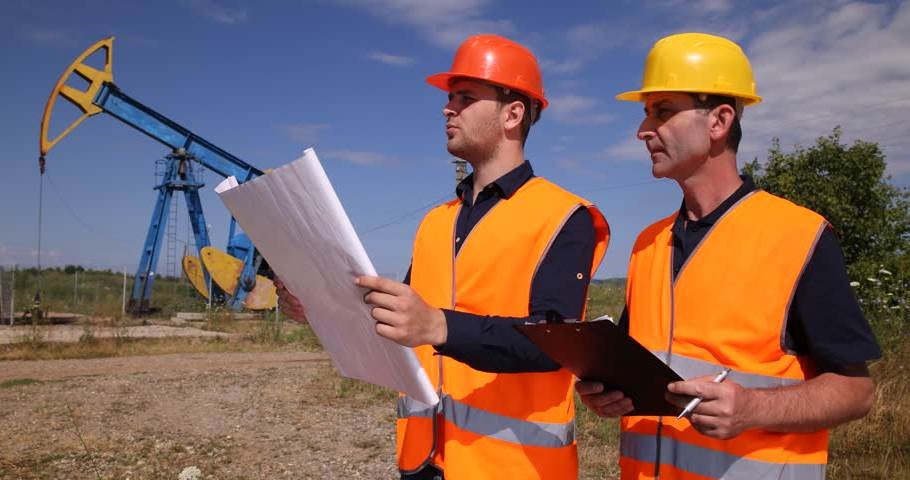
OVERVIEW
| COURSE TITLE | : | DE0283 : Performance Analysis, Prediction, and Optimization Using Nodal Analysis |
| COURSE DATE | : | Nov 16 - Nov 20 2025 |
| DURATION | : | 5 Days |
| INSTRUCTOR | : | Dr. Chris Kapetan |
| VENUE | : | Dubai, UAE |
| COURSE FEE | : | $ 8000 |
Course Description
This practical and highly-interactive course includes various practical sessions and exercises. Theory learnt will be applied using our state-of-the-art simulators.
Any production well is drilled and completed to move the oil or gas from its original location in the reservoir to the stock tank or sales line. Movement or transport of these fluids requires energy to overcome friction losses in the system and to lift the products to the surface. The fluids must travel through the reservoir and the piping system and ultimately flow into a separator for gas-liquid separation.
The production system can be relatively simple or can include many components in which energy or pressure losses occur. The final design of a production system cannot be separated into reservoir performance and piping system performance and handled independently. The amount of oil and gas flowing into the well from the reservoir depends on the pressure drop in the piping system, and the pressure drop in the piping system depends on the amount of fluid flowing through it. Therefore, the entire production system must be analyzed as a unit.
Nodal analysis views the total producing system as a group of components potentially encompassing reservoir rock/irregularities, completions (gravel pack, open/closed perforations, open hole), vertical flow strings, restrictions, multi-lateral branches, horizontal/hilly terrain flow lines/risers, integrated gathering networks, compressors, pump stations, metering locations, and market/system rate/pressure constraints. An improper design of any one component, or a mismatch of components, adversely affects the performance of the entire system. The chief function of a system-wide analysis is to increase well rates. It identifies bottlenecks and serves as a framework for the design of efficient field wide flow systems, including wells, artificial lift, gathering lines and manifolds.
The nodal systems analysis approach is a very flexible method that can be used to improve the performance of many well systems. To apply the systems analysis procedure to a well, it is necessary to be able to calculate the pressure drop that will occur in all the system components. These pressure drops depend not only on flow rate, but on the size and other characteristics of the components. The nodal analysis procedure consists of selecting a division point or node in the well and dividing the system at this point to optimize performance in the most economical manner. Although the entire production system is analyzed as a total unit, interacting components, electrical circuits, complex pipeline networks, and centrifugal pumping are evaluated individually using this method. Locations of excessive flow resistance or pressure drop in any part of the network are identified.
Together with reservoir simulation and analytical tools, Nodal analysis is used in planning new field development. Initially, this technology was applied using pressure traverse curves and simple PI models. Now state-of-the-art software programs have enabled a well-trained engineer to concentrate on matching field data, interpreting results, and understanding a system's interdependencies.
This course is designed to provide participants with a detailed and up-to-date overview of performance analysis, prediction and optimization using NODAL analysis. It covers the nodal analysis and the production system analysis; the inflow performance, reservoir performance and well performance equations; the prediction of present and future time IPRs for oil wells as the present time IPRs for gas wells; the well completion effects, inflow performance summary and completion analysis; the modeling basics, flow patterns in gravel packs, pressure drop in perforations, gravel packs and wellbore; the optimal perforation density, tubing performance, flow dynamics, logging in horizontal wells, slugging and pressure changes in all completion types; the unloading techniques, flow in pipes, restrictions, basic equation and concepts, fluid property calculations and well flow correlations; and the pressure drop through restrictions, erosional velocity and bottlenecks in a gathering network.
During this interactive course, participants will learn the line loops, jumpers, gathering systems and total system analysis; the tubing size selection, flowline size effect and stimulation effect; the system analysis for wells with restrictions and evaluating completion effects; the field forecasts, economic optimization, evaluations of options and nodal analysis for injection wells; the effect of depletion, relating performance to time and analyzing multiwell systems; the artificial lift design, continuous flow gas lift, submersible pump selection (ESP), sucker rod or beam pumping and hydraulic pumping; and the liquid in gas streams, dry gas well, loaded wells and temperatures prediction.
TRAINING METHODOLOGY
This interactive training course includes the following training methodologies:
LecturesPractical Workshops & Work Presentations
Hands-on Practical Exercises & Case Studies
Simulators (Hardware & Software) & Videos
In an unlikely event, the course instructor may modify the above training methodology for technical reasons.
VIRTUAL TRAINING (IF APPLICABLE)
If this course is delivered online as a Virtual Training, the following limitations will be applicable:
| Certificates | : | Only soft copy certificates will be issued |
| Training Materials | : | Only soft copy materials will be issued |
| Training Methodology | : | 80% theory, 20% practical |
| Training Program | : | 4 hours per day, from 09:30 to 13:30 |
This course is no longer available.
Please check below for other scheduled dates.
RELATED COURSES
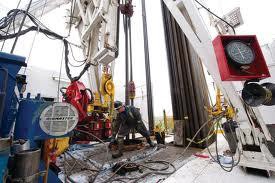
DE0979 : Pore Pressure & Well Control
- Date: Feb 22 - Mar 12 / 3 Days
- Location: Doha, Qatar
- Course Details Register
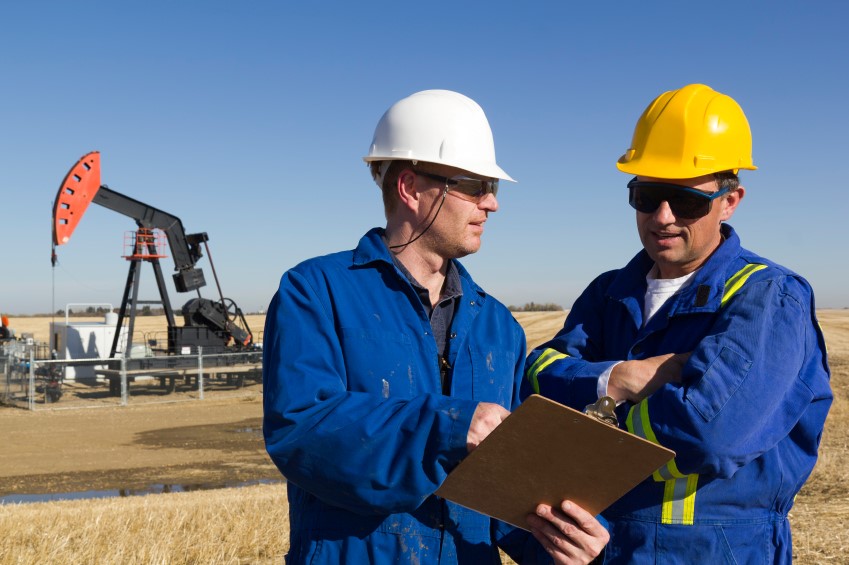
DE0338 : Concept Selection and Specification of Production Facilities in Field Development Projects
- Date: Feb 22 - Mar 12 / 3 Days
- Location: Dubai, UAE
- Course Details Register
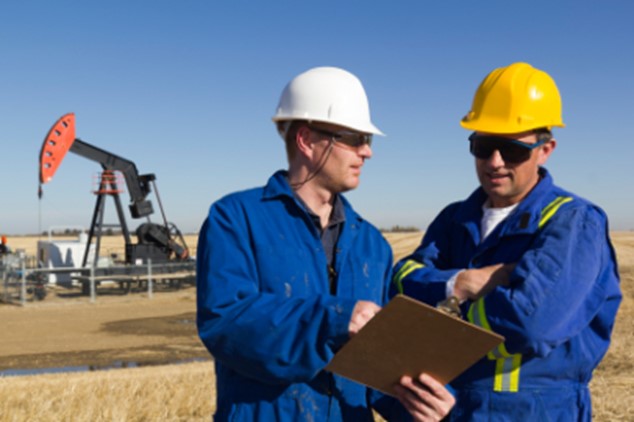
DE0460 : Artificial Lift Systems & Optimization Technology
- Date: Feb 22 - Mar 12 / 3 Days
- Location: Doha, Qatar
- Course Details Register
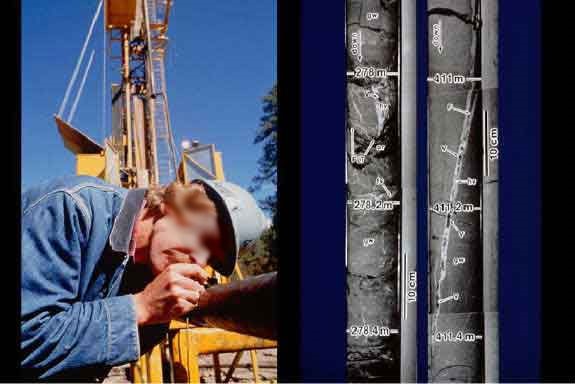
DE0805 : Coring and Core Analysis
- Date: Feb 22 - Mar 12 / 3 Days
- Location: Dubai, UAE
- Course Details Register
